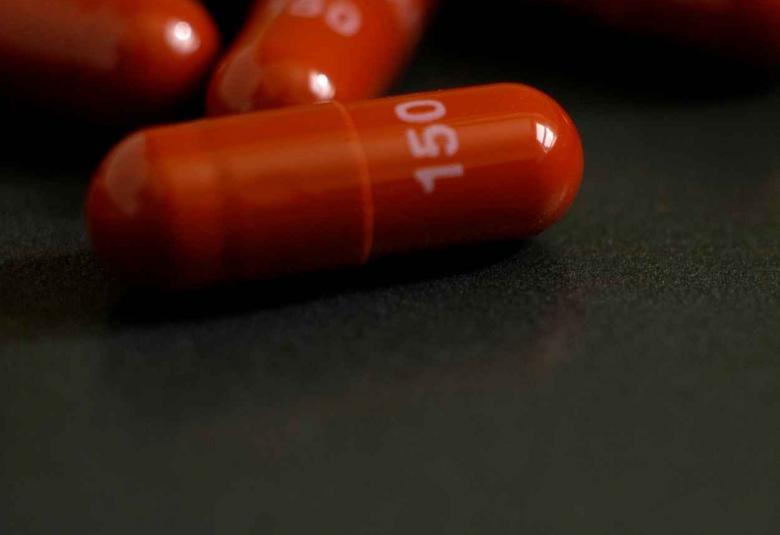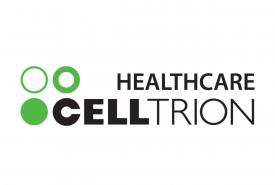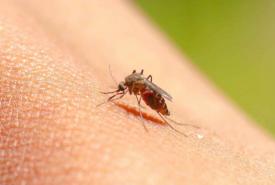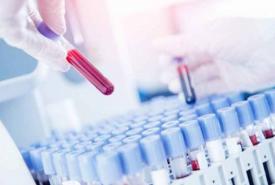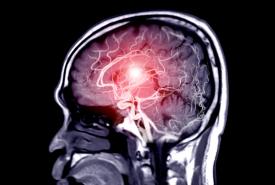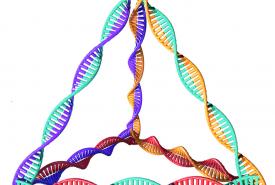COVID Patients on SSRI Antidepressants Are Less Likely to Die : Study
A large analysis of health records from 87 health care centers across the United States found that people taking a class of antidepressants called selective serotonin reuptake inhibitors (SSRIs), particularly fluoxetine, were significantly less likely to die of COVID-19 than a matched control group.


